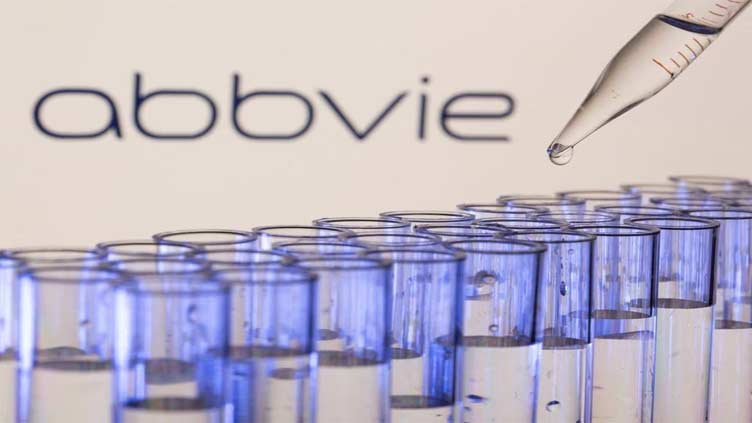Launch of arthritis drug biosimilars ramps up US pressure on pricing 'middlemen'

Seven drugmakers this month launched their own versions known as biosimilars
AMERICA (Reuters) - Cheaper versions of one of the most costly and widely used arthritis treatments in the U.S. are likely to fuel further scrutiny of the middlemen that negotiate drug prices for most insured Americans from lawmakers and the federal government, according to healthcare experts.
Seven drugmakers this month launched their own versions, known as biosimilars, of AbbVie's flagship arthritis drug Humira, once the world's top-selling prescription medicine.
Three have kept their list price within 5%-7% of AbbVie's, two priced at an 85% discount and two have offered both types of prices.
Once several competing versions of a drug become available prices tend to plummet, although less so with complex biotech drugs like Humira. Traditional generic pills that are exact copies and easily produced can quickly drop prices by 90% or more.
Other biosimilars have had price cuts of around 50% on launch, according to data from the Association for Accessible Medicines trade group.
"That list prices of Humira and its biosimilars remain high even with robust competition should fuel calls to reform our Byzantine, dysfunctional pharmaceutical supply chain," said Ameet Sarpatwari, a professor and drug pricing authority at Harvard Medical School.
For insured patients who are often on the hook for co-pays of 10% to 25% of the list price, the savings have been minimal.
The Biden administration has made lowering drug prices a priority. It passed the first U.S. drug pricing legislation ever in the Inflation Reduction Act last year, and has since turned its sights on these middlemen, known as pharmacy benefit managers (PBMs).
Lawmakers and the Federal Trade Commission (FTC) have been investigating the role of PBMs in rising healthcare costs. Several bills are in the works that would require them to make their business dealings public, including the fees they earn on transactions.
The FTC last week withdrew past statements suggesting that forcing PBMs to disclose their dealings would undermine their ability to lower healthcare costs, adding that the industry has changed since then.
The three biggest PBMs, CVS Health's Caremark, Cigna Group's Express Scripts, and UnitedHealth Group's Optum RX, declined to comment.
PBMs say they play an important role in holding down drug costs for their clients, including employers and health insurance plans, and that most after-market discounts go to their customers.

